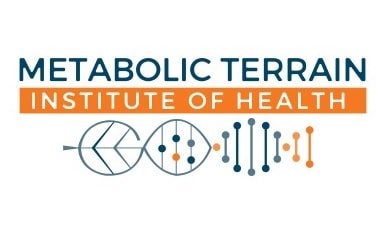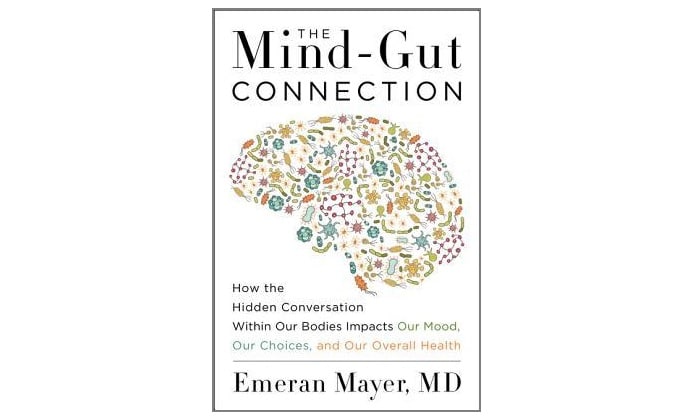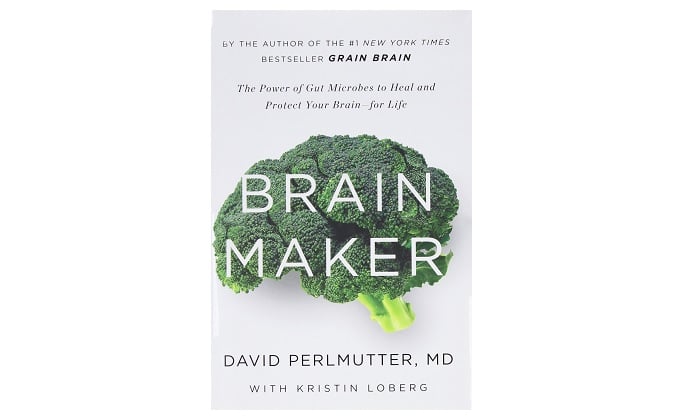How can you improve your microbiome?
Top practices and therapies for managing your microbiome
Therapies we have reviewed
Conventional care
Conventional treatments include fecal microbiome transplant, which transfers fecal material rich in microbes from a host with a healthy microbiome to a person with a poorer microbiome. A separate host/donor is used for fecal material (stool) when a person has an infection, such as C. difficile, that is difficult to treat and which can respond well to the introduction of desired microbes. A donor‘s stool sample may also be used to populate the gut with desired microbes for other reasons, such as to treat refractory immune checkpoint inhibitor–induced colitis.1Halsey TM, Thomas AS et al. Microbiome alteration via fecal microbiota transplantation is effective for refractory immune checkpoint inhibitor-induced colitis. Science Translational Medicine. 2023 Jun 14;15(700):eabq4006. This use of fecal microbiome transplant is not yet considered standard of care.
Another variation involves a person with a healthy microbiome providing a stool sample before undergoing antibiotic treatment. This is called an autologous—”from oneself”—transplant. After antibiotic treatment ends, the person’s own stool and microbes are re-introduced.
Self care practices and complementary therapies
Strong, good, or modest evidence of benefit for managing your microbiome
Strong evidenceconsistent, significant effects in several large (or at least one very large) well designed clinical studies or at least two meta-analyses of clinical studies of moderate or better quality (or one large meta-analysis) finding similar results (this is the CancerChoices definition; other researchers and studies may define this differently) indicates confidence that the practice or therapy has an effect as noted. Good evidencesignificant effects in one large or several mid-sized and well-designed clinical studies (randomized controlled trials (RCTs) with an appropriate placebo or other strong comparison control or observational studies that control for confounds) (this is the CancerChoices definition; other researchers and studies may define this differently) indicates that the practice or therapy is linked to the outcomes described with reasonable certainty. Modest evidencesignificant effects in at least three small but well-designed randomized controlled trials (RCTs), or one or more well-designed, mid-sized clinical studies of reasonably good quality (RCTs or observational studies), or several small studies aggregated into a meta-analysis (this is the CancerChoices definition; other researchers and studies may define this differently) means the practice or therapy may be linked to the outcomes described, but with a lower degree of certainty.
Evidence supporting the statements here is described on the linked pages.
Eating Well: good and modest evidence
- Diet is a major factor driving the composition and metabolism of the microbiota of the colon (good evidencesignificant effects in one large or several mid-sized and well-designed clinical studies (randomized controlled trials (RCTs) with an appropriate placebo or other strong comparison control or observational studies that control for confounds) (this is the CancerChoices definition; other researchers and studies may define this differently)).
- Changing your diet can bring rapid and significant changes to your microbiome (modest evidence).
- A healthier microbiome is found among people following the recommended dietary patterns of plant-based foods and minimal red and processed meats (modest evidencesignificant effects in at least three small but well-designed randomized controlled trials (RCTs), or one or more well-designed, mid-sized clinical studies of reasonably good quality (RCTs or observational studies), or several small studies aggregated into a meta-analysis (this is the CancerChoices definition; other researchers and studies may define this differently)). Foods that promote a healthy microbiome include cruciferous vegetables (broccoli family), whole grains, fermented foods, and foods high in fiber.
- More frailty and less community-associated microbiota diversity among elderly people in long-term residential care eating diets with more fat and less fiber (preliminary evidence)
Moving More: modest evidence
Healthier microbiota among healthy people with higher levels of physical activity (modest evidence)
Manage your body weight: modest evidence
As you gain weight beyond a normal body weight, the ratio of some microbes changes, which can be reversed by losing weight.
Worse microbial balance among people who are obese and improved balance among people losing weight (modest evidence)
Healthy lifestyle
Limiting alcohol and refraining from smoking and recreational drug use are good approaches to keeping your microbiome healthy.
We’re working to review all the evidence related to these lifestyle behaviors. These findings are from our research to date.
Mediterranean diet: strong evidence
An alteration of gut microbiota to a status associated with less inflammation, reduced risks of disease, and eubiosis in general among people following a Mediterranean diet (strong evidence)
Probiotics and prebiotics: mixed evidence
Better microbiome status among people with cancer treated with probiotics, including during chemotherapy and surgery (good evidence)
Less disruption to the gut microbiome among people with cancer treated with probiotics (preliminary evidence)
Greater gut bacterial diversity and higher levels of the main short-chain fatty acids during chemotherapy after colorectal cancer surgical resection among people treated with probiotic tablets (preliminary evidence)
No evidence of an effect on oral bacterial community composition or diversity after radiotherapy among people with head and neck cancer treated with oral probiotics in a small trial
Not specific to cancer:
- Higher abundance of microbial genera after surgery among people treated with probiotics (preliminary evidence)
- Beneficial changes in the microbiomes of people treated with prebiotics (preliminary evidence)
- Preliminary evidence of beneficial changes to the fecal microbiome among people with diabetes treated with probiotics
- Less bacterial vaginosis among people treated with oral probiotics (preliminary evidence)
Preliminary evidence of benefit for managing your microbiome
Preliminary evidencesignificant effects in small or poorly designed clinical studies OR conflicting results in adequate studies but a preponderance of evidence of an effect (this is the CancerChoices definition; other researchers and studies may define this differently) typically indicates that not much research has been published so far, although the outcomes may be meaningful.
No evidence of benefit for managing your microbiome
Not specific to cancer:
- No evidence of an effect on bacterial diversity and community structures among adults treated with green tea capsules in a small study
Your microbiome and gut surgery
Colorectal and other gastrointestinal surgeries are invasive and disrupt the microbial balance in the gut. This disruption can lead to reduced function of your gut barrier, which normally allows the absorption of nutrients into your blood while keeping bacteria and other pathogens from spreading through your body. Disruption can also lead to a local immune response, systemic inflammation, and potentially even infection after surgery.3Anderson SW, Bazzell AF, Dains JE. An integrative review on the effect of prebiotics, probiotics, and synbiotics on infection after colorectal cancer surgery. AORN Journal. 2018;107(2):237–248.
In preclinical studies with mice, altering the gut microbiota using dietary inulin and 5-ASA reinforced the gut barrier and prevented anastomotic tumors and metastatic spread after colorectal cancer surgery.4Hajjar R, Oliero M et al. Modulating gut microbiota prevents anastomotic leak to reduce local implantation and dissemination of colorectal cancer cells after surgery. Clinical Cancer Research. 2023 Nov 27.
Prebiotics and probiotics may be helpful. See Probiotics and Prebiotics for more information.
Commentary: microbiome and surgery
CancerChoices Senior Clinical Consultant Laura Pole, RN, MSN, OCNS: Integrative physician and CancerChoices advisor Keith Block, MD, and other clinician researchers suggest using prebiotics or probiotics before and after surgery to reduce the risk of infection and keep the protective inner lining of the intestines (mucosal barrier) healthy.5Block KI, Block PB, Gyllenhaal C. Integrative treatment for colorectal cancer: a comprehensive approach. The Journal of Alternative and Complementary Medicine. 2018 Sep/Oct;24(9-10):890-901. This is backed by research: Use of probiotics around the time of surgery improved the gut microbiome6Aisu N, Tanimura S et al. Impact of perioperative probiotic treatment for surgical site infections in patients with colorectal cancer. Experimental and Therapeutic Medicine. 2015;10(3):966–972. and protected the intestinal lining’s physical and biological barrier7Liu D, Jiang XY, Zhou LS, Song JH, Zhang X. Effects of probiotics on intestinal mucosa barrier in patients with colorectal cancer after operation: meta-analysis of randomized controlled trials. Medicine (Baltimore). 2016 Apr;95(15):e3342. after colorectal cancer surgery.
I encourage you to consult your surgeon and/or an integrative oncologist—such as a naturopathic oncologist or functional medicine physician—to recommend specific probiotics you can take as well as other measures to protect and restore your microbiome.
Find a physician knowledgeable about terrain factors in cancer care

These practitioners are trained regarding appropriate therapies to optimize body terrain as part of an integrative cancer care plan.
Helpful links

The Mind-Gut Connection: How the Astonishing Dialogue Taking Place in Our Bodies Impacts Health, Weight, and Mood

The Psychobiotic Revolution: Mood, Food, and the New Science of the Gut-Brain Connection
Access the book ›
References



